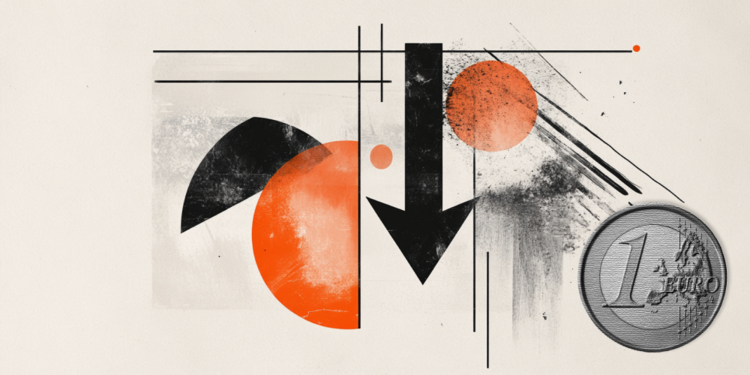The diagnosis of Alzheimer’s disease involves a series of steps and exams, as explained by neurologists Sonia Brucki and Jerusa Smid, from HCFMUSP, Hospital das Clínicas, University of São Paulo School of Medicine (HCFMUSP), during the CNN Vital Signs this Saturday (3). The process begins with the patient’s complaint or a family member of cognitive decline.
The first step is the objective evaluation performed by the doctor, using cognitive tests that evaluate attention, memory and executive function. These tests are fundamental to corroborate the complaints filed or, in some cases, discard the suspicion of dementia.
Complementary investigation
After confirming the complaints, a series of blood tests is requested. These include assessment of the function of thyroid, kidneys, liver, vitamin B12 levels and even tests for syphilis. In addition, a “brain photo”, either by tomography or magnetic resonance imaging, is considered ideal for diagnosis.
Based on these exams and the typical clinical picture, doctors are able to make a clinical diagnosis accurately in 95% of cases. However, in specific situations, such as patients with early onset of the disease (before 65 years in educated people or 60 years in illiterate), it may be necessary to deepen the investigation.
Advanced Exams
For cases that generate doubts, more sophisticated exams can be performed. These include PET (Positron emission Tomography) with glucose, which identifies more or less functioning brain areas, revealing characteristic patterns of various diseases.
Another advanced examination is the amyloid marker pet, considered the current “gold standard”. This examination allows you to visualize, in real time, the deposition of amyloid protein in the brain, an important marker of Alzheimer’s disease.
Early and accurate diagnosis of Alzheimer’s is crucial for proper disease management, allowing more effective therapeutic interventions and better patient care planning.
This content was originally published in Dr. Kalil: See the types of diagnostics and tests for Alzheimer on the CNN Brazil website.
Source: CNN Brasil
I am an experienced journalist and writer with a career in the news industry. My focus is on covering Top News stories for World Stock Market, where I provide comprehensive analysis and commentary on markets around the world. I have expertise in writing both long-form articles and shorter pieces that deliver timely, relevant updates to readers.







